Here's the next 10 classic novels under 200 pages from the list started in October (no, there was no November issue) and extended in December. The first 20 (and now these 10) are in the idleguy.com library and can be accessed here and here. 30 down, 20 to go. 10 more classics will be offered in the February, 2024 idleguy.com and the final 10 in the March issue.
One of the most important and controversial writers of the 20th century, Knut Hamsun made literary history with the publication in 1890 of this powerful, autobiographical novel recounting the abject poverty, hunger and despair of a young writer struggling to achieve self-discovery and its ultimate artistic expression. The book brilliantly probes the psychodynamics of alienation, obsession, and self-destruction, painting an unforgettable portrait of a man driven by forces beyond his control to the edge of the abyss. Hamsun influenced many of the major 20th-century writers who followed him, including Kafka, Joyce and Henry Miller. Required reading in world literature courses, the highly influential, landmark novel will also find a wide audience among lovers of books that probe the "unexplored crannies in the human soul" (George Egerton).
Baldwin's haunting and controversial second novel is his most sustained treatment of sexuality. In a 1950s Paris swarming with expatriates and characterized by dangerous liaisons and hidden violence, an American finds himself unable to repress his impulses. Examining the mystery of love and passion in an intensely imagined narrative, Baldwin creates a moving and complex story of death and desire that is revelatory in its insight.
O Pioneers! was Willa Cather's first great novel, and to many it remains her unchallenged masterpiece. No other work of fiction so faithfully conveys both the sharp physical realities and the mythic sweep of the transformation of the American frontier - and the transformation of the people who settled it. At once a sophisticated pastoral and a prototype for later feminist novels, O Pioneers! is a work in which triumph is inextricably enmeshed with tragedy, a story of people who do not claim a land so much as they submit to it and, in the process, become greater than they were.
Published when she was only nineteen, Francoise Sagan's astonishing first novel Bonjour Tristesse became an instant bestseller. It tells the story of Cecile, who leads a carefree life with her widowed father and his young mistresses until, one hot summer on the Riviera, he decides to remarry - with devastating consequences. In A Certain Smile, Dominique, a young woman bored with her lover, begins an encounter with an older man that unfolds in unexpected and troubling ways. These two acerbically witty and delightfully amoral tales about the nature of love are shimmering masterpieces of cool-headed, brilliant observation.
A handsome young sailor is unjustly accused of plotting mutiny in this timeless tale of the sea, penned by the undisputed master of the oceanic tale.
The shortest of Pynchon's novels, the plot follows Oedipa Maas, a young Californian woman who begins to embrace a conspiracy theory as she possibly unearths a centuries-old feud between two mail distribution companies. Like most of Pynchon's writing, suffused with rich satire, chaotic brilliance, verbal turbulence and wild humor, The Crying of Lot 49 is often described as postmodernist literature.
Written in 1914 but not published until 1925, a year after Kafka's death, The Trial is the terrifying tale of Josef K., a respectable bank officer who is suddenly and inexplicably arrested and must defend himself against a charge about which he can get no information. A prophecy of the excesses of modern bureaucracy wedded to the madness of totalitarianism, The Trial is a classic in the pantheon of existential literature which goes well with Merlot, LSD, and George Orwell's 1984.
Kenzaburo Oe, the winner of the 1994 Nobel Prize for Literature, is internationally acclaimed as one of the most important and influential post-World War II writers, known for his powerful accounts of the atomic bombing of Hiroshima and his own struggle to come to terms with a mentally handicapped son. The Swedish Academy lauded Oe for his "poetic force [that] creates an imagined world where life and myth condense to form a disconcerting picture of the human predicament today."
Full of obscenely misfit characters, this disturbing novella trends towards modernist sub-realities as one of the first books of the 20th century to explicitly portray a lesbian relationship. Get from it what you can, because it is a fleeting insight.
Nobel Prize recipient Yasunari Kawabata's Snow Country is widely considered to be the writer's masterpiece, a powerful tale of wasted love set amid the desolate beauty of western Japan. In chronicling the course of a doomed romance, Kawabata has created a story for the ages, a stunning novel dense in implication and exalting in its sadness.
 Hunger
Hunger
by Knut Hamsun (1890)
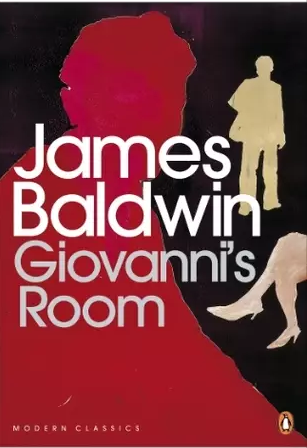 Giovanni's Room
Giovanni's Room
by James Baldwin (1956)
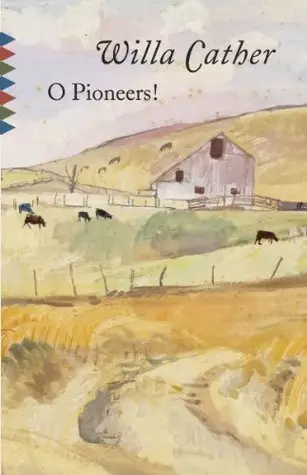 O Pioneers!
O Pioneers!
by Willa Cather (1913)
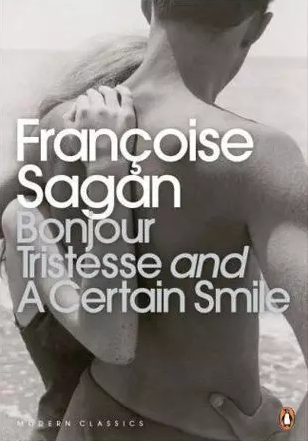 Bonjour Tristesse
Bonjour Tristesse
by Francoise Sagan (1955)
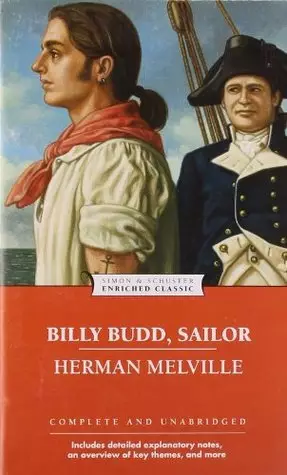 Billy Budd, Sailor
Billy Budd, Sailor
by Herman Melville (1924)
 The Crying of Lot 49
The Crying of Lot 49
by Thomas Pynchon (1966)
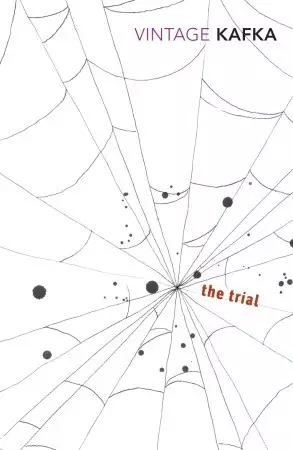 The Trial
The Trial
by Franz Kafka (1925)
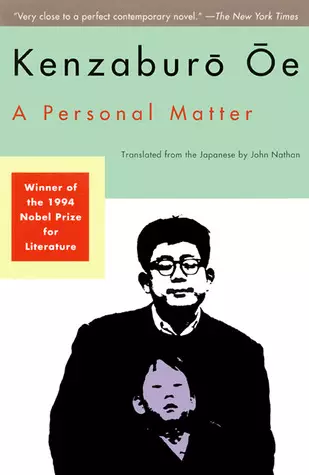 A Personal Matter
A Personal Matter
by Kenzaburo Oe (1968)
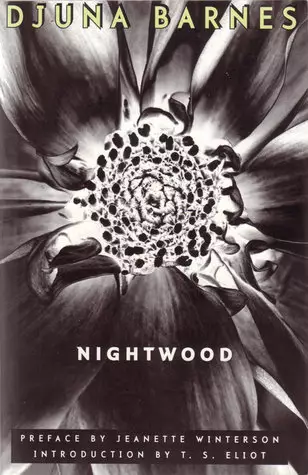 Nightwood
Nightwood
by Djuna Barnes (1936)
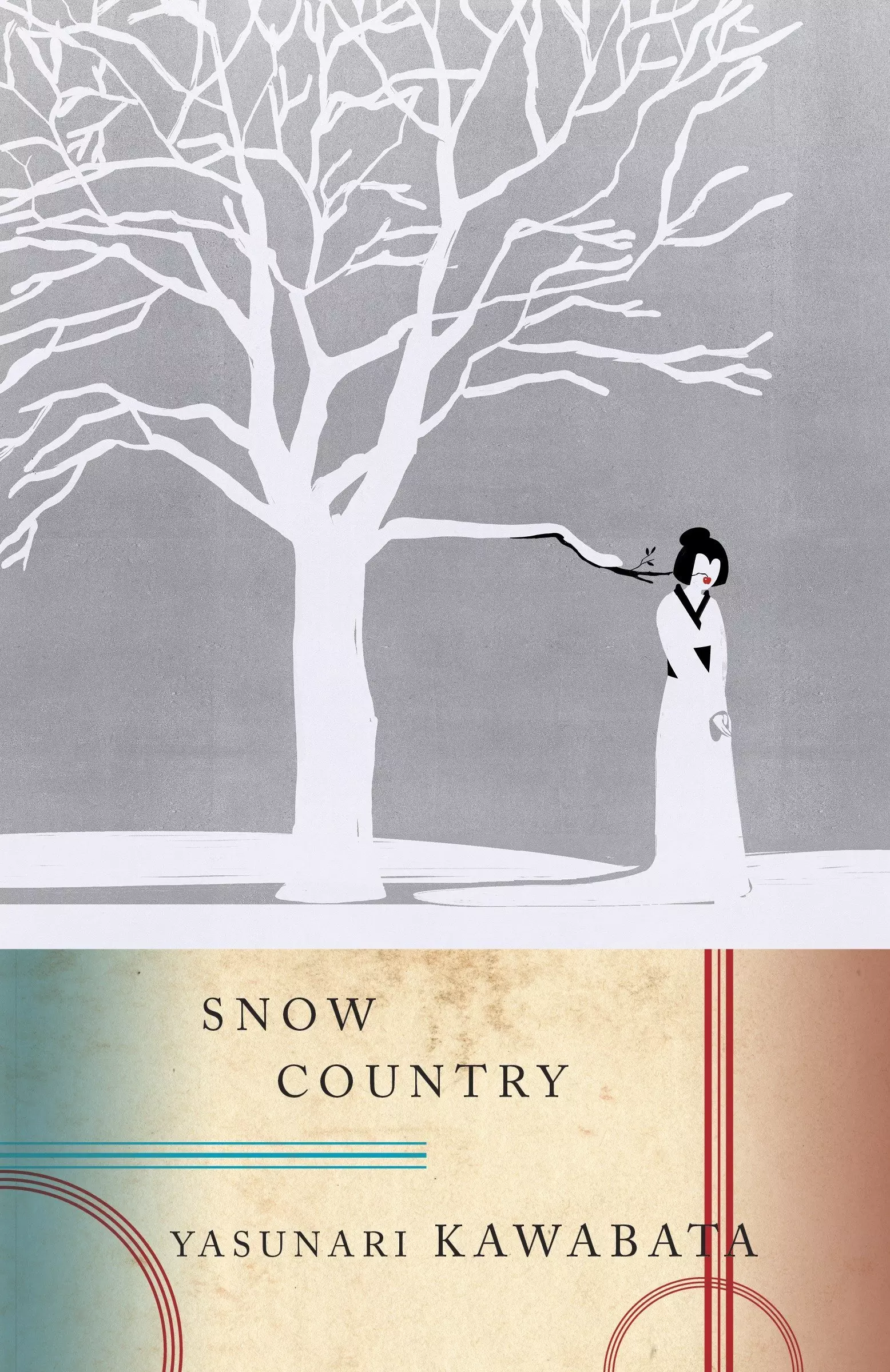 Snow Country
Snow Country
by Yasunari Kawabata (1937)
